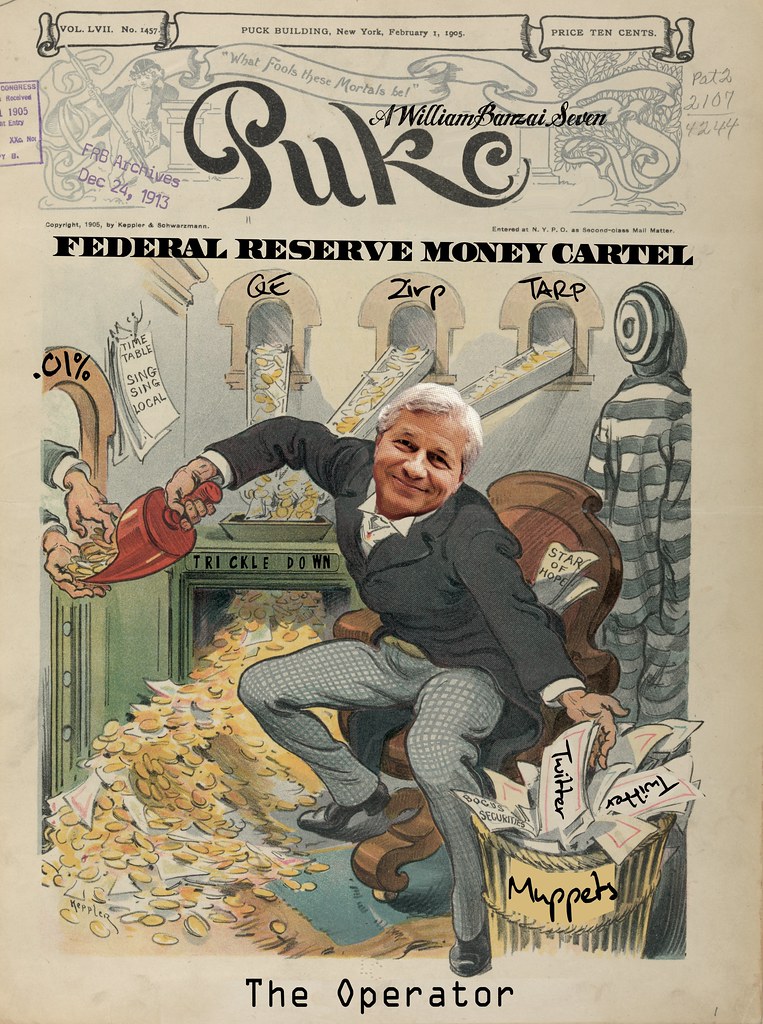One of the underreported stories from last week, noted here previously, was that quietly, on the day in which French unemployment soared to a new 16 year high, French president Hollande did what every true Keynesian in his position would do and dispatched troops to the Central African Republic due to a “duty to intervene” and stop the “alarming, frightening massacres” taking place there. There were no YouTube clips available to justify said massacres yet: we assume they are being produced currently. A few days later the fighting has begun with Reuters reporting that French troops fought gunmen in Bangui, the capital of Central African Republic, on Monday as they searched for weapons in an operation to disarm rival Muslim and Christian fighters responsible for hundreds of killings since last week. Shooting erupted near the airport in the morning after gunmen refused to hand over their weapons, and French forces later came under attack by former rebels in the city centre. France said it was prepared to use force if fighters rejected calls to disarm or return to barracks. Paris boosted its military presence to 1,600 troops at the weekend as waves of religious violence swept its former colony.
That’s not news. The news is that the US is once again getting involved in yet another foreign conflict. Also from Reuters:
- PENTAGON CONSIDERING REQUESTS FOR U.S. MILITARY SUPPORT TO FRENCH AND AFRICAN UNION FORCES IN CENTRAL AFRICAN REPUBLIC – U.S. OFFICIAL
- U.S. MILITARY LIKELY TO PROVIDE SOME LOGISTICAL SUPPORT -OFFICIAL
Some additional detail from the WSJ:
The U.S. will airlift African Union forces to the Central African Republic as part of an effort to aid French troops who are in the country to put down rising violence, defense officials said.
Defense Secretary Chuck Hagel authorized the deployment of the U.S. transport planes and pilots Sunday night, responding to a request for assistance from France. The planes will be used to carry troops from Burundi to the Central African Republic, where France has deployed 1,600 troops to try to quell rising violence.
Fighting has increased in the Central African Republic since March when a rebel group seized power. The rebel leader, Michel Djotodia, named himself president.
Turmoil has escalated in recent days, claiming 400 lives and prompting the French intervention. On Monday, French soldiers began disarming fighters in the Central African Republic.
And yet something is different about the C.A.R. – drones. From IBTimes:
Drones were deployed over the Democratic Republic of the Congo on Tuesday, marking the first time the United Nations has used unmanned surveillance aircraft in its peacekeeping efforts. A fleet of five unarmed drones will help U.N. troops monitor the vast Central African country of 66 million people, which has been plagued by violent militias for decades.
“Such high-technology systems allow a better knowledge of what is happening on the ground, which allows a force to better do its job,” said Hervé Ladsous, U.N. Under-Secretary-General for Peacekeeping Operations, according to the U.N. News Agency.
The new drone program marks another rare initiative for the U.N. It was originally approved by the Security Council in January, due in large part to the conflict in Goma. M23 surrendered last month, but ongoing peace talks in Uganda between the rebels and the Congolese government have reached an impasse over the wording of the final agreement.
Of course, someone must have benefited from the drone “surge.” Indeed, someone did.
The drones for the Congo fleet were purchased from the electronics firm Selex ES, a unit of the Italian industrial and defense company Finmeccanica SpA (BIT:FNC). Deployment was originally planned for August, but a complicated procurement process delayed the launch until this week. If the drones prove effective, the U.N. may consider launching similar initiatives in other countries where peacekeeping operations are under way.
In other words, look for the C.A.R./Congo region to get drastically “destabilized” in the coming weeks, especially with both French and the US forced on the ground, and with hundreds of drones in the air repeating the bang up “peace intervention” job most recently achieved in Afghanistan. Why? Simple – because China has now been actively expanding its sphere of influence in Africa as we have been reporting over the past two years. Indeed as the map below which we posted first over a year ago shows, the Central African Republic is the only place that China does not have a major documented presence yet.
So the US (and the west) do the only thing they can: find a pretext to land a military force in order to stake a claim on what they believe are their critical strategic interests before Chinese moneyed-interests decide to do the same.
![]()
via Zero Hedge http://feedproxy.google.com/~r/zerohedge/feed/~3/i0Z6v1ErkAU/story01.htm Tyler Durden


















